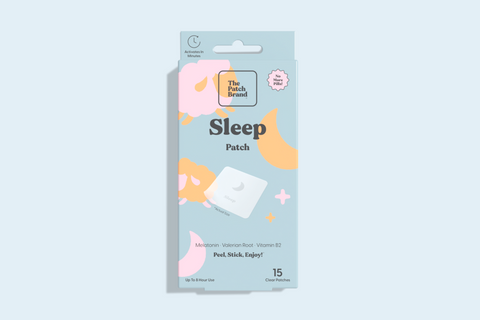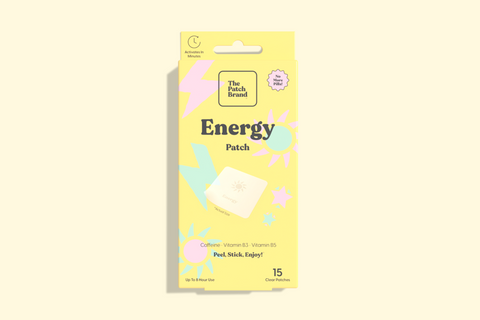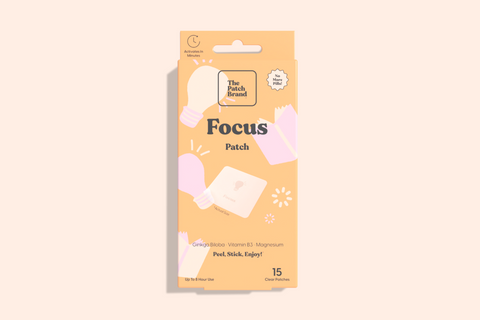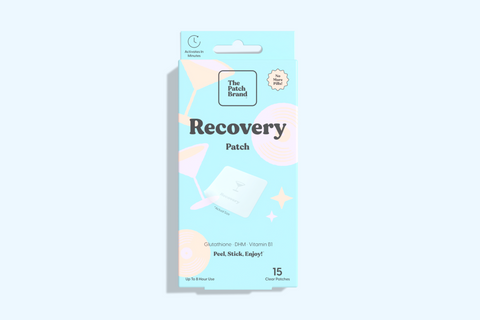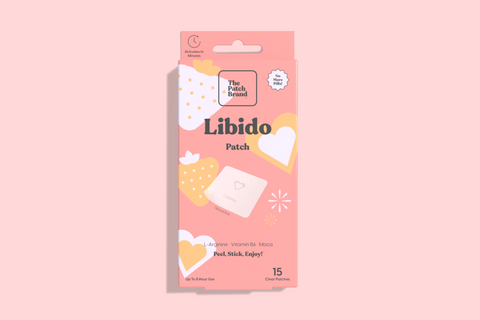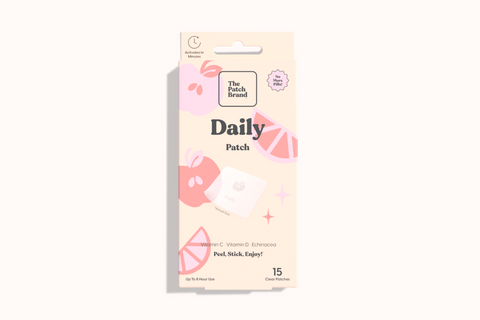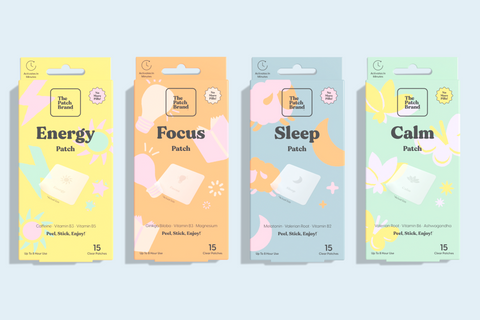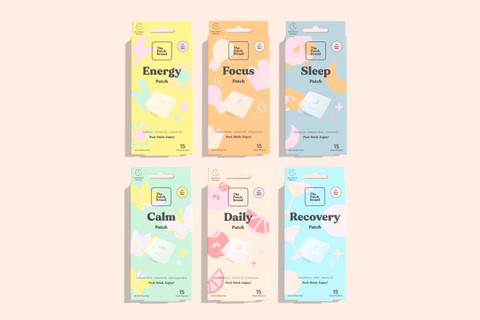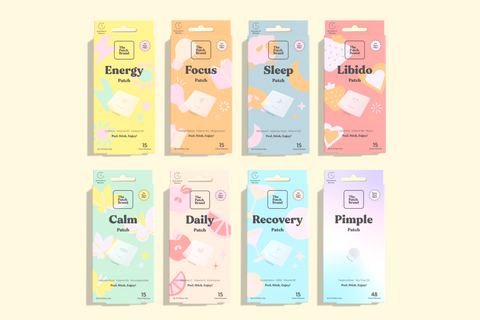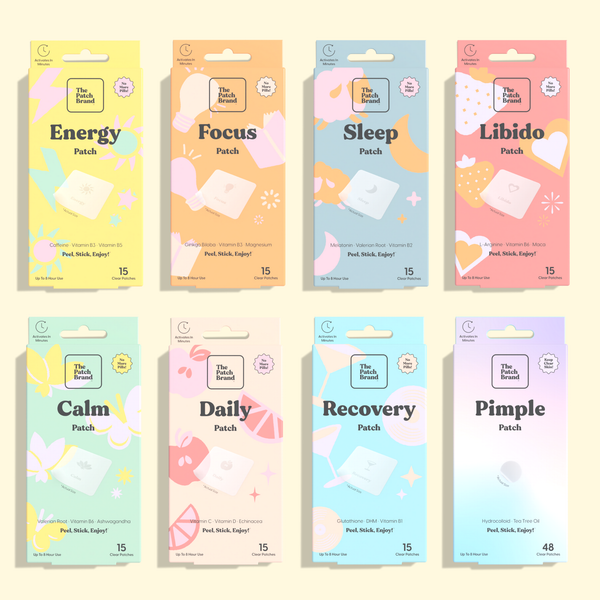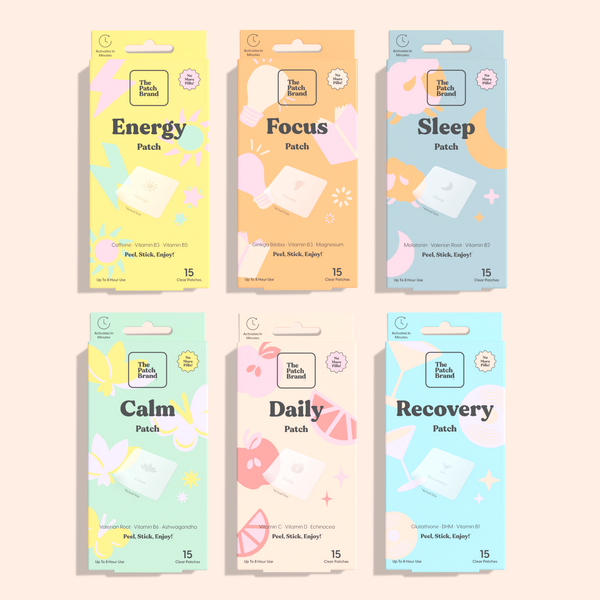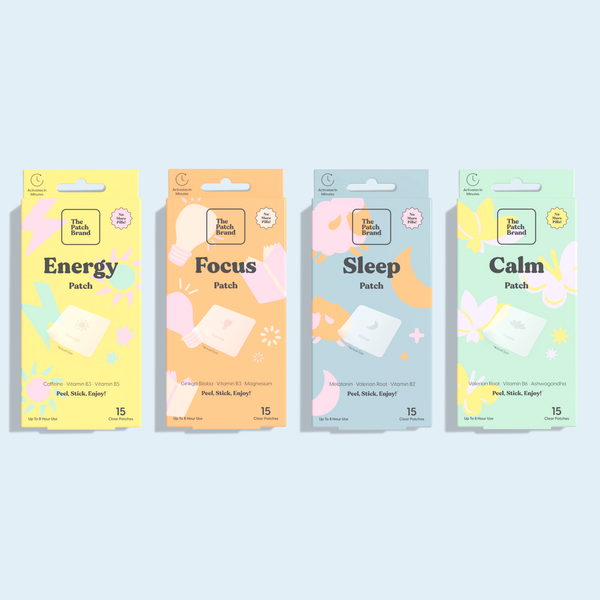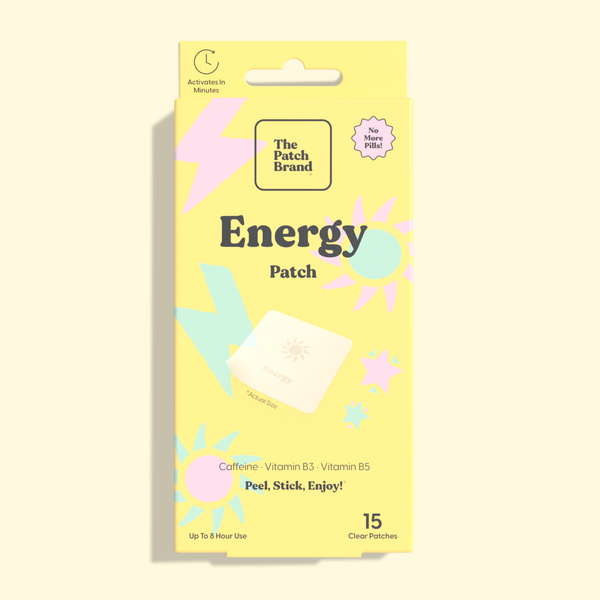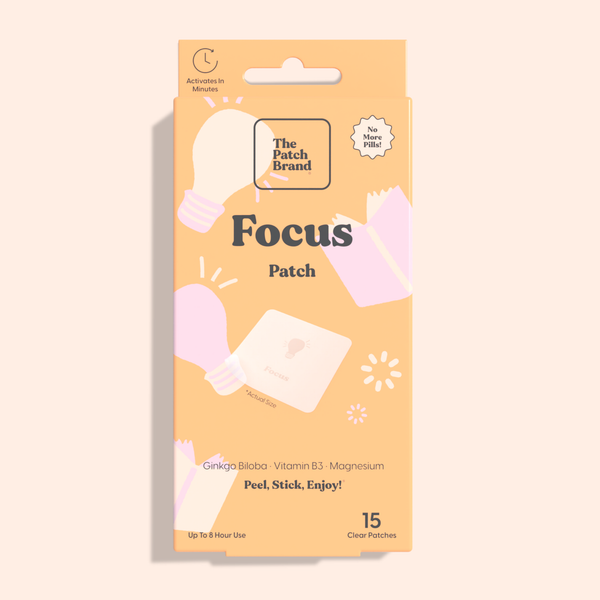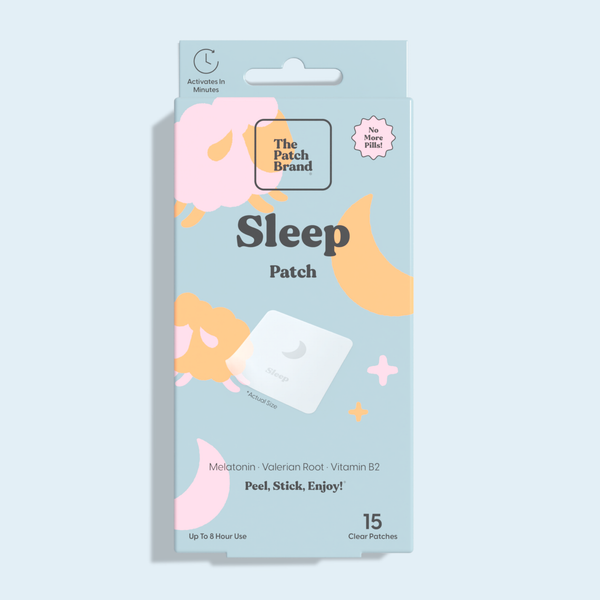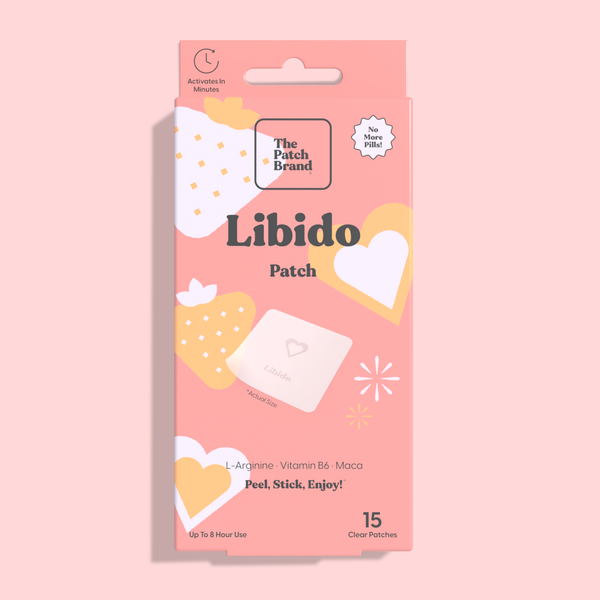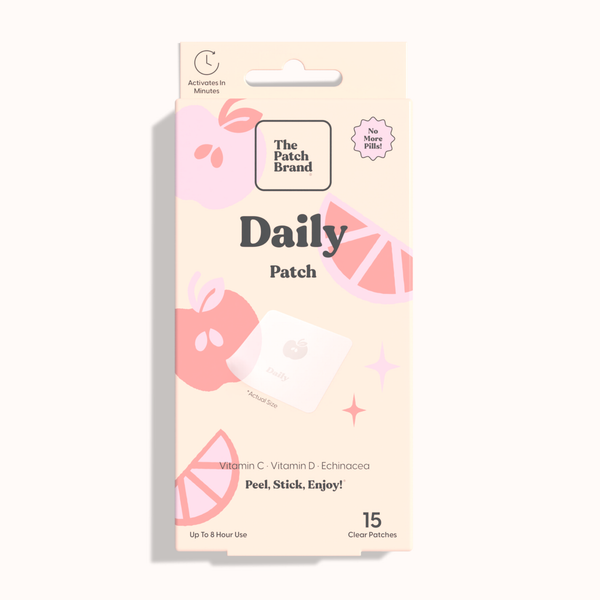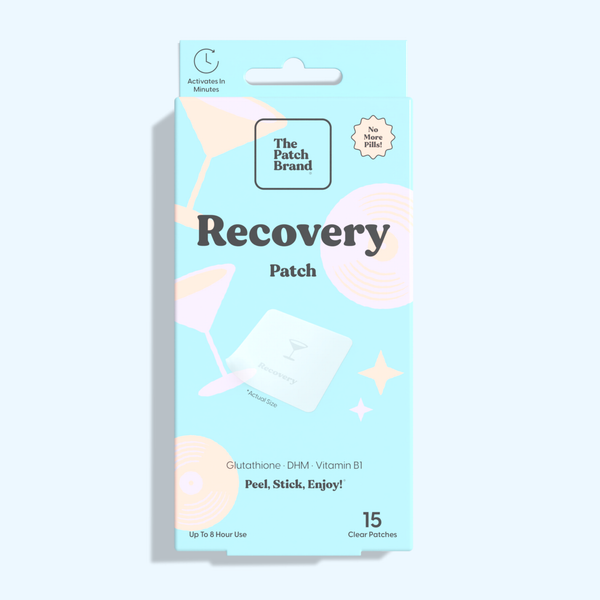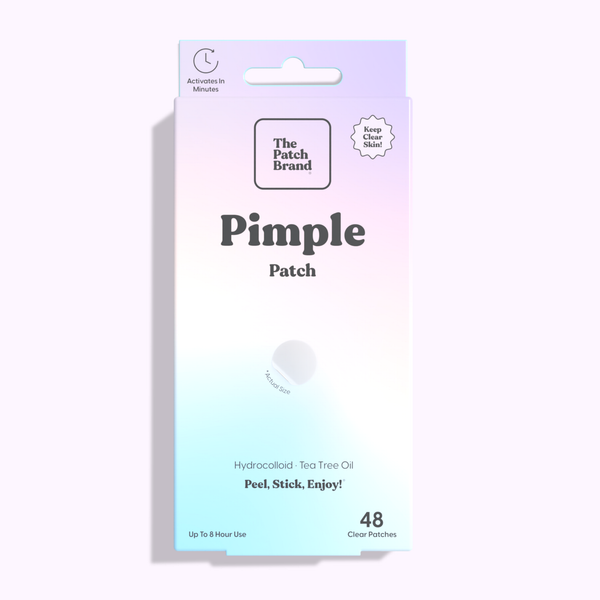Vitamins play a pivotal role in maintaining both our physical and mental health, but one group of vitamins that stands out in particular is the Vitamin B complex. This family of nutrients is essential for converting our food into fuel, allowing us to stay energized throughout the day. Beyond just boosting energy levels, the B vitamins are crucial for good brain function, supporting processes that enhance cognitive function and mental clarity. As we dive into the world of Vitamin B complex for energy and focus, we'll uncover how these vital nutrients not only sustain our body's essential functions but also significantly contribute to improving concentration through diet and supplement intake.
The Basics of Vitamin B Complex
The Components
The Vitamin B complex is a group of eight essential nutrients, each with distinct roles that are critical for maintaining optimal health and supporting bodily functions. These vitamins for the brain are water-soluble, meaning they are not stored in the body and need to be replenished regularly through diet or supplementation. B1 (Thiamine) plays a pivotal role in energy metabolism, aiding in the conversion of nutrients into energy, and is essential for nerve function and DNA synthesis. B2 (Riboflavin) is integral for energy production, cellular function, and the metabolism of fats, drugs, and steroids. It also acts as an antioxidant, fighting free radicals, and may prevent early aging and the development of heart disease.
B3 (Niacin) enhances the health of the skin, nerves, and digestive system. It's particularly important for converting food into energy and can improve cholesterol levels, thus benefiting cardiovascular health. B5 (Pantothenic Acid) is widespread in foods and is necessary for the synthesis of coenzyme A (CoA), crucial for fatty acid metabolism. B6 (Pyridoxine) is involved in amino acid metabolism, red blood cell production, and the creation of neurotransmitters. It plays a role in cognitive development and immune function. B7 (Biotin) supports metabolic functions, including the metabolism of fats, and is also known for its role in maintaining skin, hair, and nail health.
Finally, B9 (Folic Acid) is vital for proper brain function and plays a crucial role in mental and emotional health. It is particularly important during periods of rapid growth, such as pregnancy and fetal development, to prevent birth defects. B12 (Cobalamin) is essential for nerve tissue health, brain function, and the production of red blood cells. It's involved in the metabolism of every cell in the body, affecting fatty and amino acid metabolism. The interplay among these vitamins highlights the necessity of a well-rounded diet rich in B vitamins, as deficiencies can lead to various health issues, including anemia, fatigue, depression, and neurological damage.
The Biological Role in the Body
They are key in metabolizing carbohydrates, proteins, and fats, turning them into energy, which is vital for boosting energy levels naturally. Additionally, B vitamins are involved in the synthesis and repair of DNA and RNA, supporting immune function and enhancing skin and muscle tone. This comprehensive involvement in the body's regulatory processes underscores the importance of B vitamins in maintaining optimal health and preventing deficiencies.
How Vitamin B Complex Supports Brain Function
The impact of the Vitamin B complex on brain health is profound. These vitamins are essential for the formation of neurotransmitters, such as dopamine, serotonin, and norepinephrine, which influence mood, concentration, and cognitive processes. Furthermore, B vitamins help in the maintenance of the brain's structural integrity and are involved in reducing inflammation, potentially lowering the risk of age-related cognitive decline. This direct involvement in brain chemistry and neuroprotection illustrates why adequate intake of these vitamins is crucial for enhancing cognitive function.
Vitamin B Complex and Stress Relief
Stress and anxiety can significantly impair focus and cognitive performance. Vitamin B complex has been shown to have a calming effect on the nervous system, making it an effective natural remedy for stress relief. B vitamins, particularly B5 (Pantothenic Acid), B6 (Pyridoxine), and B12 (Cobalamin) play vital roles in regulating stress hormones and enhancing the body's resilience to stress. This not only helps in reducing anxiety but also improves focus and concentration, making it easier to tackle tasks with a calm and clear mind.
Natural Sources and Supplements
Dietary Sources
Ensuring a diet rich in B-complex vitamins is crucial. These vitamins play pivotal roles in the body's metabolic processes, converting food into energy, maintaining proper brain function, and producing blood cells. Here's a closer look at some of the best dietary sources of B vitamins, highlighting the importance of incorporating a variety of these foods into your daily diet for optimal health benefits:
-
Whole Grains: Quinoa, brown rice, and barley stand out as superior sources of B vitamins, especially B1 (thiamine), B2 (riboflavin), and B3 (niacin). These grains are pivotal in the body's energy conversion process, transforming dietary carbohydrates into immediate energy. Including whole grains in your meals not only supports your energy levels throughout the day but also contributes to the health of your nervous system, skin, and eyes.
-
Leafy Greens: Vegetables such as spinach, kale, and Swiss chard are not just low in calories and high in fiber; they are also rich in B9 (folate). Folate is essential for proper brain function and plays a critical role in DNA synthesis and repair, making it particularly important during periods of rapid growth, such as pregnancy and fetal development. Regular consumption of leafy greens can help ensure adequate folate levels, supporting mental and emotional health.
-
Eggs and Dairy: Eggs, milk, cheese, and yogurt are excellent sources of B2 (riboflavin) and B12 (cobalamin). B2 helps break down proteins, fats, and carbohydrates, playing a key role in energy production. B12 is vital for neurological function, helping in the formation of red blood cells and the maintenance of central nervous system health. Eating dairy and eggs can improve your overall health by increasing your energy and mental clarity.
-
Legumes: Beans, lentils, and peas are rich in B1 (thiamine), B6 (pyridoxine), and B9 (folate). These nutrients are essential for the nervous system's health, supporting brain function and contributing to the production of neurotransmitters. Legumes, as a plant-based protein source, also provide fiber and other nutrients, making them an excellent choice for a balanced diet focused on sustaining energy levels and cognitive health.
-
Nuts and Seeds: Almonds, sunflower seeds, and walnuts are packed with B vitamins, particularly Biotin (B7), which is essential for carbohydrate, fat, and protein metabolism. B7 also supports nerve function, and healthy skin, hair, and nails. Healthy fats, protein, fiber, and B vitamins can all be found in a variety of nuts and seeds, which helps optimize your diet.
-
Meats and Fish: Protein-rich foods like chicken, beef, salmon, and trout are significant sources of B3 (niacin), B6 (pyridoxine), and B12 (cobalamin). These nutrients are crucial for energy metabolism, supporting the body in utilizing the energy stored in foods, and are essential for cognitive health and maintaining healthy blood levels. Regularly including a variety of meats and fish in your diet can help ensure you get these essential B vitamins, supporting overall health and well-being.
Incorporating a diverse range of these food sources into your diet is key to ensuring an adequate intake of all B vitamins. This approach not only supports your body's metabolic and neurological functions but also contributes to a well-rounded, nutrient-rich diet.
Natural Supplements for Focus
In today's fast-paced world, maintaining optimal levels of focus and concentration through diet alone can be challenging for many. This has led to the popularity of natural supplements for focus, which are designed to fill nutritional gaps and support cognitive health. These supplements often contain a blend of Vitamin B complex, omega-3 fatty acids, and other nutrients known to benefit brain function. People turn to these supplements not just for the convenience they offer but also for their targeted support. While natural food sources are always preferred, these supplements can provide a practical solution for those struggling to meet their nutritional needs.
Vitamin B Complex for Energy
Alternatives to Caffeine
In the quest for sustained energy, many people turn to caffeine for a quick boost. However, the temporary surge it provides often leads to an inevitable crash, leaving individuals feeling more fatigued than before. A healthier and more effective alternative is to leverage the power of Vitamin B. Unlike caffeine, which stimulates the nervous system, Vitamin B enhances energy production at the cellular level, offering a more stable and enduring source of vitality. This approach not only avoids the highs and lows associated with caffeine but also contributes to long-term health.
Physical Stamina and Mental Alertness
Vitamin B complex plays a critical role in enhancing physical stamina and mental alertness, making it an invaluable asset for athletes, professionals, and anyone looking to maintain high levels of performance throughout the day. Regular intake of these nutrients ensures that the body and mind are well-equipped to handle demanding tasks, challenges, and workouts, therefore optimizing overall performance and productivity.
Strategies for Boosting Energy Levels
Beyond relying on energy drinks or caffeine, optimizing your intake of B vitamins through diet and lifestyle changes can lead to sustained energy levels throughout the day. Here's a closer look at effective strategies for enhancing your energy naturally:
-
Stay Hydrated: Often overlooked, hydration plays a crucial role in maintaining energy levels. Dehydration can lead to feelings of fatigue and lethargy, as it impacts the flow of oxygen to the brain and the body's ability to operate efficiently. By drinking plenty of water throughout the day, you ensure that your body remains hydrated, supporting optimal metabolic functions and energy production. Keeping a water bottle handy and setting reminders to drink can help in maintaining adequate hydration levels.
-
Regular Exercise: Engaging in regular physical activity is a proven way to enhance energy levels. Exercise not only improves blood flow, ensuring that your cells are well-supplied with oxygen and nutrients, but it also increases the body's production of energy over time. Integrating a mix of aerobic exercises like running or cycling and strength-training activities into your weekly routine can bolster your endurance, improve heart health, and boost your energy levels.
-
Quality Sleep: The importance of sleep for energy production cannot be overstated. During sleep, your body undergoes repair and recovery processes that are essential for energy production and cognitive function. Ensuring 7-9 hours of quality sleep per night can significantly impact your energy levels the following day. Establishing a regular sleep schedule and creating a restful environment free of distractions can enhance sleep quality and, by extension, your daily vitality.
-
Manage Stress: High levels of stress can drain your energy reserves, leaving you feeling exhausted. Incorporating stress-reduction techniques such as meditation, yoga, or deep breathing exercises into your daily routine can help mitigate the effects of stress on your body and mind. These practices not only reduce stress hormones but also improve mood and energy levels by promoting relaxation and mental clarity.
Implementing these strategies can lead to a significant improvement in energy levels, enhancing your ability to perform daily activities and enjoy a higher quality of life. By focusing on natural ways to boost vitality, you support your body's health and well-being.
Holistic Benefits Beyond Concentration
Vitamin B Complex for Skin Health
The benefits of B Vitamins for the brain extend far beyond cognitive enhancement, touching on aspects of physical health such as skin vitality. These vitamins play a significant role in cell regeneration, skin hydration, and the reduction of inflammation, which are all key to maintaining healthy, vibrant skin. For instance, Niacin (B3) is renowned for its ability to improve skin elasticity and reduce redness, while Biotin (B7) supports the health of hair, skin, and nails by aiding in fat metabolism. This highlights the multifaceted role of B vitamins not only as essential nutrients for mental function but also as crucial elements for skin health.
The Cognitive Benefits
These substances support brain health by enhancing memory, attention span, and problem-solving abilities. The cognitive benefits of nutritional supplements are particularly noticeable in individuals with dietary deficiencies or increased nutritional needs. By providing the brain with the essential nutrients it requires to function optimally, these brain health supplements can play a vital role in maintaining cognitive health, particularly in aging populations where nutrient absorption can decrease.
Innovative Delivery Methods for Vitamin B
Focus Vitamin Patches
These patches, designed to be applied directly to the skin, offer a novel and efficient method for absorbing B vitamins. Unlike oral Vitamin B complex supplements that must navigate the digestive system, where factors like stomach acid and digestive enzymes can affect absorption, vitamin patches deliver nutrients straight into the bloodstream through the skin. This method can potentially offer a more consistent and controlled release of vitamins, making it an intriguing option for those seeking to enhance their cognitive function and focus without the need for daily pills or dietary adjustments.
Future Trends
The future of Vitamin B complex supplementation appears poised for innovation, with
focus vitamin patches leading the charge. As research into transdermal nutrient delivery advances, we can expect to see more sophisticated patch formulations designed to optimize the absorption and efficacy of B vitamins and other nutrients. These advancements may offer more personalized supplementation options, catering to individual health profiles and lifestyle needs. Additionally, the growing interest in holistic and non-invasive health interventions could further propel the popularity of vitamin patches and similar innovative supplementation methods, marking a new era in health management.

The journey through understanding the multifaceted role of Vitamin B complex in improving concentration, energy levels, and overall well-being highlights the importance of integrating these essential nutrients into our daily lives. Whether through a balanced diet rich in natural sources of B vitamins, supplementation in traditional forms, or the innovative approach of vitamin patches for focus, ensuring adequate intake of these vitamins is crucial for maintaining cognitive function and vitality. By making conscious choices about our nutrient intake, we can support our brain's health, manage stress more effectively, and enhance our focus and productivity.



